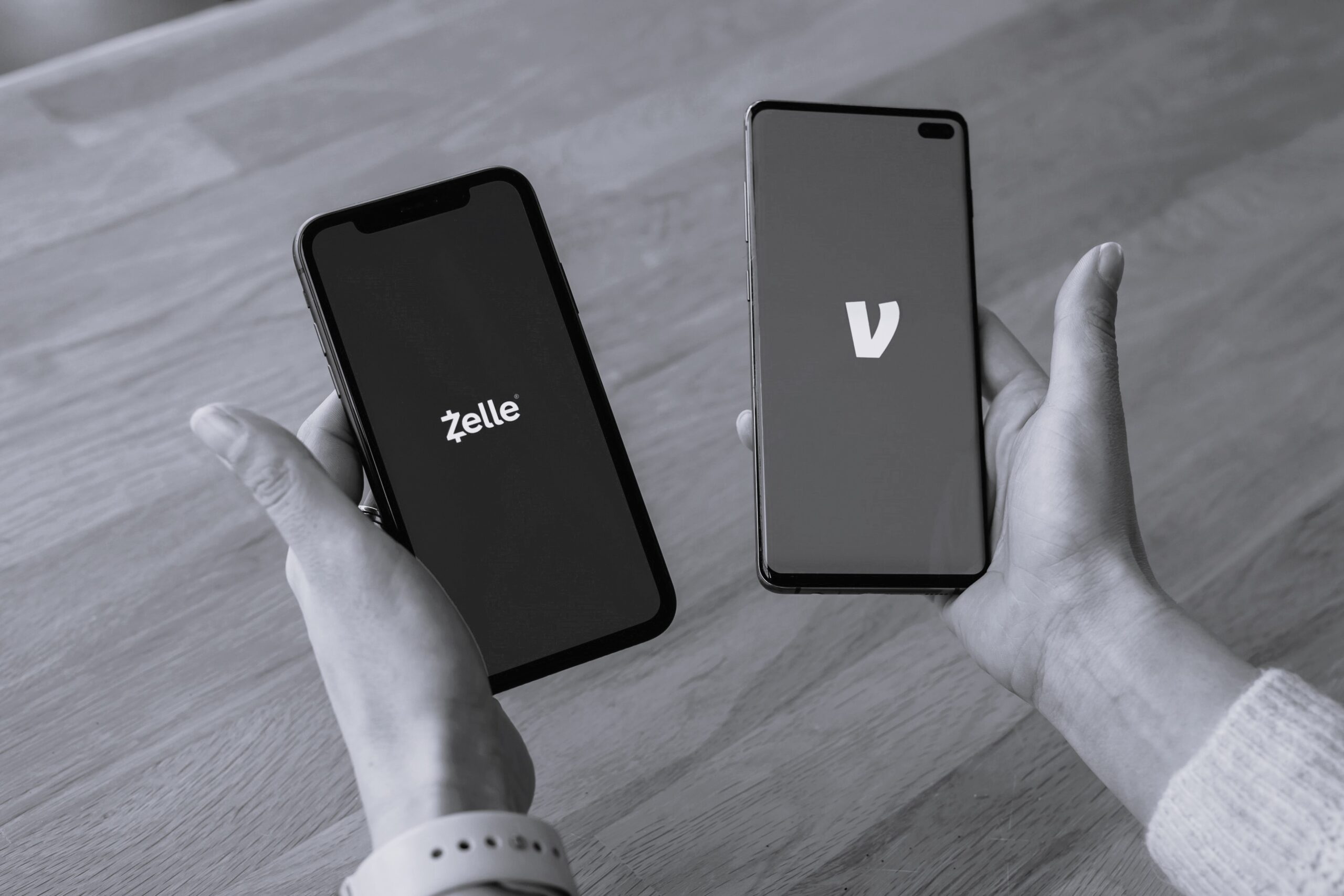NOL Carryback Rules Extended
President Obama signed the “Worker, Homeownership and Business Assistance Act of 2009” on November 6, 2009. Among other things, the new law expands the net operating loss carryback rules so that virtually all taxpayers can elect to carryback 2008 and 2009 NOLs for up to five years.
A net operating loss (“NOL”) generally means the amount by which a taxpayer’s business deductions exceed its gross income. In general, an NOL may be carried back two years and carried over 20 years to offset taxable income in those years.
Under present law (which was passed in 2009 as part of the federal stimulus measures), “electing small businesses” – generally businesses (including individuals who run a trade or business) with less than $15 million in annual sales – can elect to carry back a 2008 net operating loss for three, four or five years instead of the usual two years.
The new law expands this rule by permitting virtually all businesses (other than those that have received federal bailout money or been acquired by the federal government) to elect to carry back 2008 and 2009 NOLs for three, four or five years. Under the new law, however, there is a 50 percent income limit on any NOL offsets applied to the fifth year.
The law also affects the NOL deduction for AMT purposes. Under present law a taxpayer’s NOL deduction cannot reduce the taxpayer’s AMT income by more than 90%. This restriction is suspended under the new law for 2008 and 2009 NOLs and related carrybacks.
The decision as to whether to make the carryback election can be complicated and generally involves analyzing (1) the size of the NOL, (2) the taxpayer’s income, character of the income (ordinary or capital gain), and effective tax rate in each of the past five years, (3) the taxpayer’s expected future income and (4) the effect of any carryback for AMT purposes. A taxpayer can also elect under Code §172(b)(3) to waive the carryback to prior years and therefore carry the entire NOL forward to future years.
As the law continues to evolve on these matters, please note that this article is current as of date and time of publication and may not reflect subsequent developments. The content and interpretation of the issues addressed herein is subject to change. Cole Schotz P.C. disclaims any and all liability with respect to actions taken or not taken based on any or all of the contents of this publication to the fullest extent permitted by law. This is for general informational purposes and does not constitute legal advice or create an attorney-client relationship. Do not act or refrain from acting upon the information contained in this publication without obtaining legal, financial and tax advice. For further information, please do not hesitate to reach out to your firm contact or to any of the attorneys listed in this publication.
Join Our Mailing List
Stay up to date with the latest insights, events, and more



